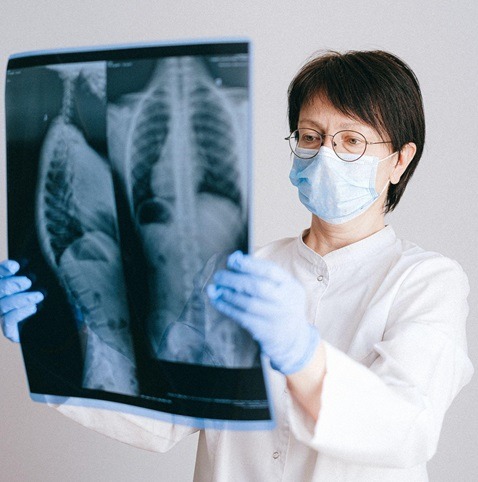When cancer begins in any part of the large bowel, it may be called bowel, colon, or rectal cancer. Cancer of the bowels is one of the most common types of the disease worldwide. Read on to discover more about this type of cancer.
What Is Bowel Cancer?
Bowel cancer, an umbrella term for any cancers that begin in the bowels, originates in the internal lining of the bowels and can develop from small, benign polyps. When these bowel polyps become malignant, this cancer can spread to additional layers of the bowel wall, and can even expand to other organs in the body. Prominent types of this disease include colon and rectal cancer.
Is It Common?
In Australia, cancer of the bowels is the third most common type of cancer. It affects over 15,000 people nationwide per year, and is found most often in people in their 50s and 60s.
What Are the Symptoms?
Those with bowel cancer may have a variety of symptoms, but there are three main signs that practitioners look for.
- Blood in the Stool – Not only is blood spotted in the toilet bowl or in faeces, but it may also be on toilet paper, and isn’t typically associated with any other medical problems.
- Bowel Changes – Any significant changes in regularity, consistency, or frequency of bowel movements may prompt a doctor to take a second look.
- Pain or Discomfort – A common symptom is any bloating, distension, discomfort, pain, or strange sensations that appear around meal times, but these symptoms may also be present when the stomach is seemingly empty, too.
However, these symptoms do not always indicate that a patient has bowel cancer, as other conditions such as IBS, diverticulitis, haemorrhoids, or IBD can trigger them. Additional symptoms of bowel cancer may include unexplained weight loss, fatigue, iron deficiency, intestinal blockages, or irregular blood work.
What Are the Risk Factors?
While there is no primary cause of this cancer, there are certain risk factors that increase the likelihood of developing the disease, including:
- increased age (over 50),
- family history,
- a diet high in processed or red meats,
- physical inactivity,
- frequent alcohol consumption,
- smoking,
- and existing bowel diseases.
Even for those over 50, those with existing bowel conditions, or those with a family history of cancer, you can reduce your risk of developing this cancer by cutting out red and processed meats, engaging in regular exercise, maintaining a stable weight, drinking less alcohol, and avoiding cigarettes or other smoking devices.
How Is It Diagnosed?
Regular screenings should be performed for patients over age 50 or with a family history of the disease. A healthcare provider will ask you about your symptoms and perform a physical examination to check for swelling or lumps. You may also need to have blood drawn and submit a stool sample for further testing.
Additional testing may be needed to discover polyps. Your doctor may request a colonoscopy and a biopsy of any suspicious looking areas. If any signs of cancer are discovered, you will need to be examined to see if the cancer has advanced to other parts of your system. You may receive more blood tests, a CT scan, an MRI scan, or a PET scan.
How Is It Treated?
There are several different treatment options for bowel cancer. You will likely need to undergo surgery to remove unhealthy polyps or affected sections of your bowels. As well, patients are also treated with chemotherapy, radiotherapy, and targeted medicines to increase the effectiveness of cancer-fighting cells. Treatment will depend on how advanced the cancer is, how healthy you are, and where the cancer is located in the body.

